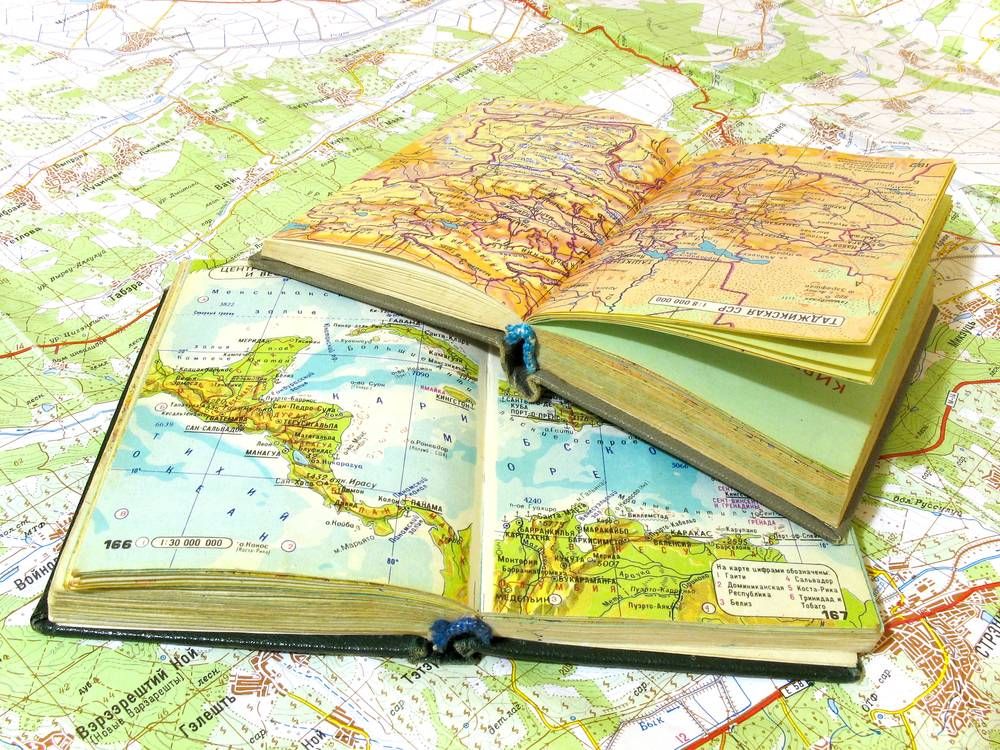
Books and Bookstores: A Cure for the Homesick
If you think packing books for a vacation is difficult, I invite you to select the books you’d bring when studying abroad in a foreign country for three months. And you’re only allowed five. Guys, the struggle is real.
I found myself in such a situation the summer before my senior year. All my friends were back at college while I was still at my parent’s, sitting in front of my bookshelves, agonizing. I was terrified to leave home for a foreign country whose language I didn’t speak, whose streets I didn’t know, whose books I couldn’t read. (I’m not exactly an adventurous person, if you couldn’t tell.) The books I brought—and my mom told me there could only be five—would be my home for the next four months; I needed them to fulfill all my needs, to represent all my interests, and I needed them to last. (Mind you, I never considered there would be bookstores there with books in English, but more on that later.)
Naturally, I chose thick books. And (spoiler alert) I didn’t finish any of them. I brought:
The Ultimate Hitchhiker’s Guide to the Galaxy (the collected “trilogy”) by Douglas Adams because I thought Arthur—whose trepidation for adventure mirrored my own—would be an ideal companion; also those books are hilarious and easy to lose yourself in.
Five Decades: Poems 1925-1970 by Pablo Neruda (in side-by-side English and Spanish) because his poetry is lovely, charged, erotic—not to mention it could help me learn Spanish.
The Unabridged Journals of Sylvia Plath (exactly what it sounds like) because I fancied myself tortured (in that white middle-class privileged way) and I wanted to be a writer and Plath’s writing—angry and gorgeous and true—spoke to me. I’m also obsessed with journals.
Thirteen Ways of Looking for a Poem by Wendy Bishop (a guide to writing poetry, filled with exercises) because I hoped writing would help me cope with homesickness and I thought this book would help me write (and write every day).
Paris Stories by Mavis Gallant (an expatriate who’d lived in Spain [but mostly Paris]) because I’d recently discovered her work through her journals (whose full publication I’m still waiting for), which detailed a few weeks living near-penniless in Spain—but she made it sound so cool and bohemian, so like the Europe I wanted to visit. I printed those journal entries out and brought them with me too.
I thought I had all my genres and formats covered—sci-fi, poetry, non-fiction, instruction, short fiction—but looking back all those choices were mired in the same general feeling, a wish to travel and simultaneously to feel comfortable and grounded. That’s what reading is, right? For me at least. I want to go places without ever having to move, to experience emotions without ever coping with their true consequences. Books are such a wonderful safety net, and I would reach for one of the five (the first things I unpacked and arranged upon arriving in my temporary home) every time I was bored, scared, or homesick.
But I didn’t study abroad to stay indoors and read the five thick books I’d brought with me. I went to travel! To learn something about the world and myself, and to grow as a person. I mean, honestly I went because I felt (since I was lucky enough to have the opportunity) that I had to, needed to learn how to exist without (or with less of) the safety net of family, friends, and common language. But also? I went to visit some bookstores.
In every city I traveled to (save Dublin) I visited half a dozen bookstores, but my favorite was right in Barcelona. I made La Central my home base, my home away from home away from home. Since the dormhouse was a long bus ride away from campus, I spent the few hours between classes roaming the stacks of La Central. I fell in love with Spain in a bookstore with bookcases crammed to the ceiling, tables heavy with stacks, ever-creaking wood floors, and a maze-like layout. I delighted over Alison Bechdel in Spanish, John Steinbeck in English, and their Bartleby-quoting black t-shirts. In La Central, I was rooted to Barcelona in a way I hadn’t dreamed possible when I first stepped off the plane.
There is a certain comfort in books you know, books you’ve carried, but I’ve found that the books you don’t know—the books you find hidden in a corner or displayed proudly as a staff-favorite—can make you feel all the more content. Walking through a bookstore you get a sense not of the books you own, but of the limitless possibilities of books to own. In a bookstore every book could be yours. Even if you can’t afford them you can visit them and look at them and touch them. And that was all the comfort I needed in a foreign country. Sometimes all you need to feel at home is to be surrounded by something you love and which loves you back, unconditionally, by simply existing.














